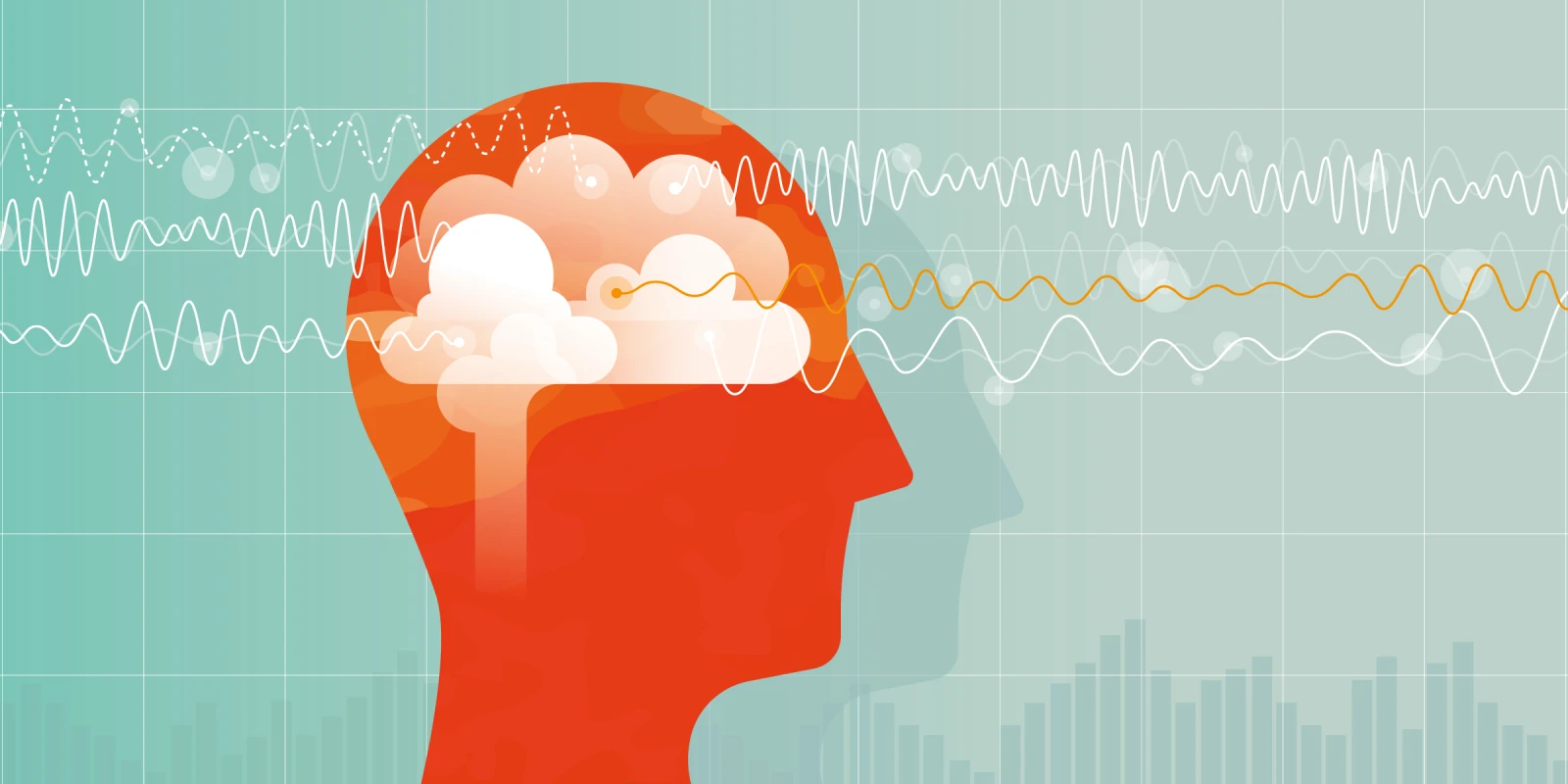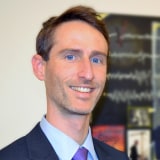Despite a different format for this year’s American Academy of Neurology Annual Meeting, there is still much to offer the "somnologically" inclined neurologist in this year’s virtual venue. In order to allow members to not feel that they’re missing out, this year’s sleep offerings have been refined to focus more on sleep in the everyday practice of neurology. Rather than diving too deep into the spectrum of interesting cases presenting to the sleep clinic, most sessions are being focused on sleep-related issues that affect us all: from patient to provider.
Back for another year, we will get the very practical advice from Dr. Westwood on how to conceptualize and manage insomnia. As a complement to concerns about sleeplessness will be a new take on the standby course “Approaching the Management of Common Sleep Disorders.” Bringing in the Stanford-honed sleep neurology expertise of Dr. Michelle Jonelis, this session will highlight an array of common sleep symptoms – from excessive sleepiness to schedule disruption – offering practical advice on how to assess and address them in ways that are helpful for neurologists considering sleep issues in their patients for the first time, or as part of their routine care planning. If any of these common concerns apply to not just your patients but also to you, then the return of the Sleep Mythbuster! to the experiential learning area can provide even more advice on how to identify sleep misconceptions in your daily life, with a focus on how a sleep tune up can get you back on track.
Given the ongoing revelations surrounding the intimate connection between sleep and neurodegeneration, a scientific poster session surrounding the intriguing biomarker of REM-sleep behavior disorder is sure to attract an array of movement disorder, cognitive/behavioral, and sleep neurologists alike. And of course, no meeting would be complete without a course involving Dr. Videnovic. This year’s “mixed-media” offering of translational neuroscience, helmed by Drs. Oyegbile and Videnovic, emphasizes the importance of the intrinsic biorhythms to neurological health and disease.
And speaking of biorhythms, the Sleep Medicine Section is honored to have our very own Dr. Phyllis Zee speaking in the Contemporary Clinical Issues Plenary Session about a topic near and dear to my heart: Daylight Saving Time (DST). This has been a hot topic since the American Academy of Sleep Medicine put forth its position statement regarding abolishing twice-yearly DST transitions in favor of year-round Standard Time. This prompted a rousing section meeting on the topic, led by Drs. Karin Johnson and Joyce Lee-Iannotti, which brought together various clinical and scientific thought leaders, AAN Sleep Medicine Section members, and community stakeholders to share their thoughts on the matter. While the support for a federal mandate to stop changing our clocks is generally positive, there are a variety of perspectives beyond the scientific and clinical that make the process of doing that challenging, the most obvious of which is: permanent DST or permanent Standard Time? While there is a trove of science supporting the physiologic basis for year-round standard time (nicely compiled on Jay Pea’s Save Standard Time advocacy website), the number of ways in which our clocks affect our lives has raised controversy about the best way to get us all on schedule. This is an exciting time for our field, and medicine in general, to make a change that can result in a significant positive impact in the lives of countless individuals, like the American Medical Association’s efforts to prohibit smoking on airplanes. So, I encourage everyone to get involved in the discussion and help guide the effort to make the best decision that helps the most people.







